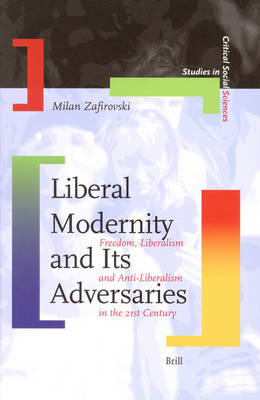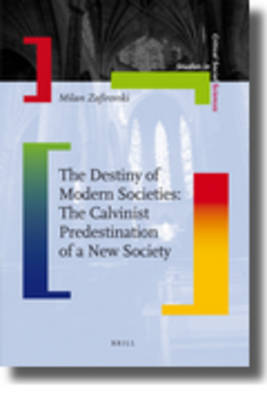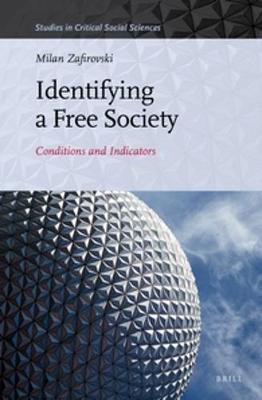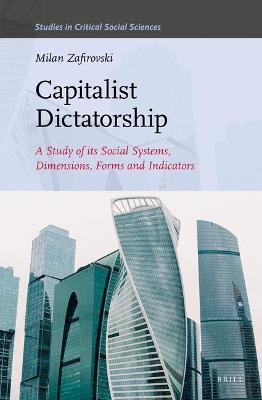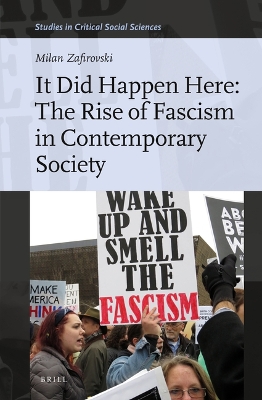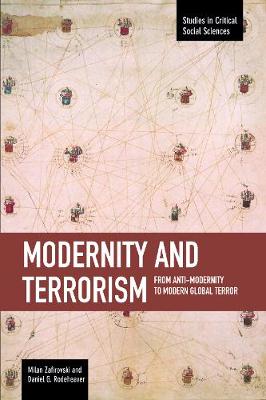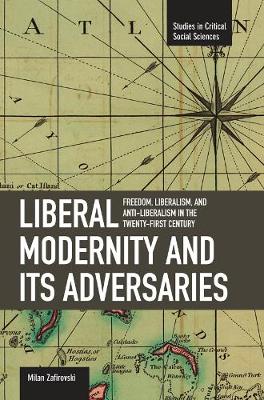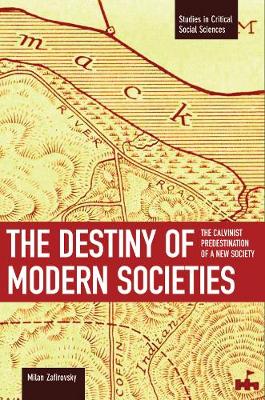Studies in Critical Social Sciences
6 primary works • 9 total works
Book 10
Book 14
Book 52
Book 107
Book 187
Book 247
It Did Happen Here: The Rise of Fascism in Contemporary Society
by Milan Zafirovski
Modernity And Terrorism: From Anti-modernity To Modern Global Terror
by Milan Zafirovski and Daniel G. Rodeheaver
Liberal Modernity And Its Adversaries: Freedom, Liberalism And Anti-liberalism In The 21st Century
by Milan Zafirovski
